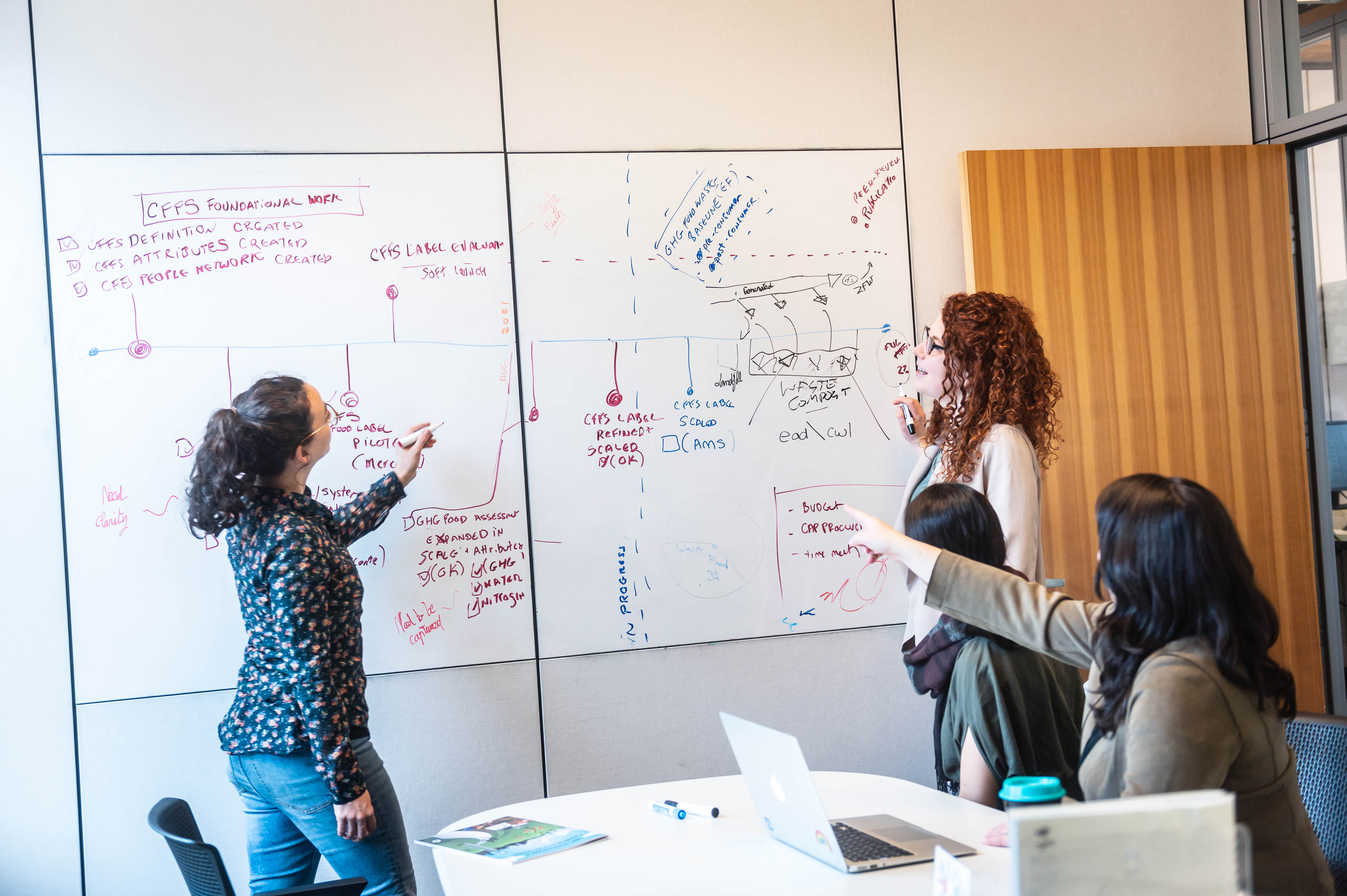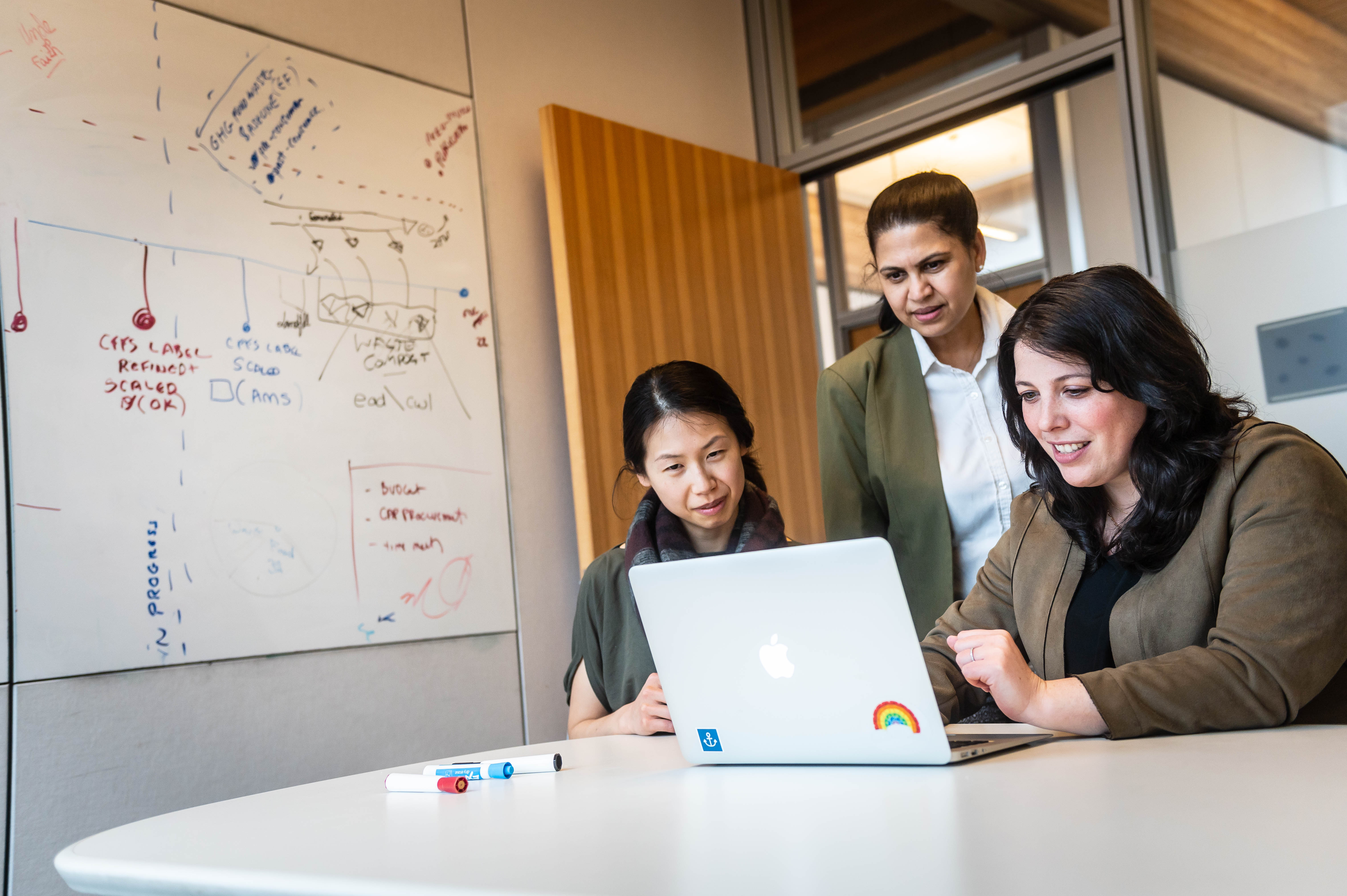Graduate students are a vital part of our Department. They participate actively in our research, teaching and consulting activities. They enjoy a wide variety of opportunities for interaction with other researchers and students on- and off-campus through faculty members' collaborative and interdisciplinary research projects. We offer a range of programs at the MSc and PhD level with competitive funding.
Our students can prepare themselves for a successful career in areas such as biostatistics, machine learning , AI, bioinformatics/genomics, data science, computational and mathematical statistics, in academia or in the public or private sector. Check out our alumni who can be found in many professional roles. See the Statistics Graduate Student Association's website if you would like to read more about life as a graduate student in the department.
MSc Program


At the MSc level, the Department offers a degree in Statistics and, in collaboration with the School of Population and Public Health, a degree in Statistics with a Biostatistics option. Students can choose to do a thesis, a final project or an 8-month full-time co-op placement (internship) outside the Department. The programs have an expected completion time of 2 years.
PhD Track Program

The PhD Track Program is intended for exceptional undergraduate students with demonstrated research potential. Students interested in the PhD track should identify one or more faculty members as potential research supervisors as part of their application.

PhD Program


Students completing our PhD program will be well-prepared for a job in industry, government or academia. The program has an expected completion time of 4-5 years.